【文化释说英文有声书】第四篇 “迷失”与“去我” (五)
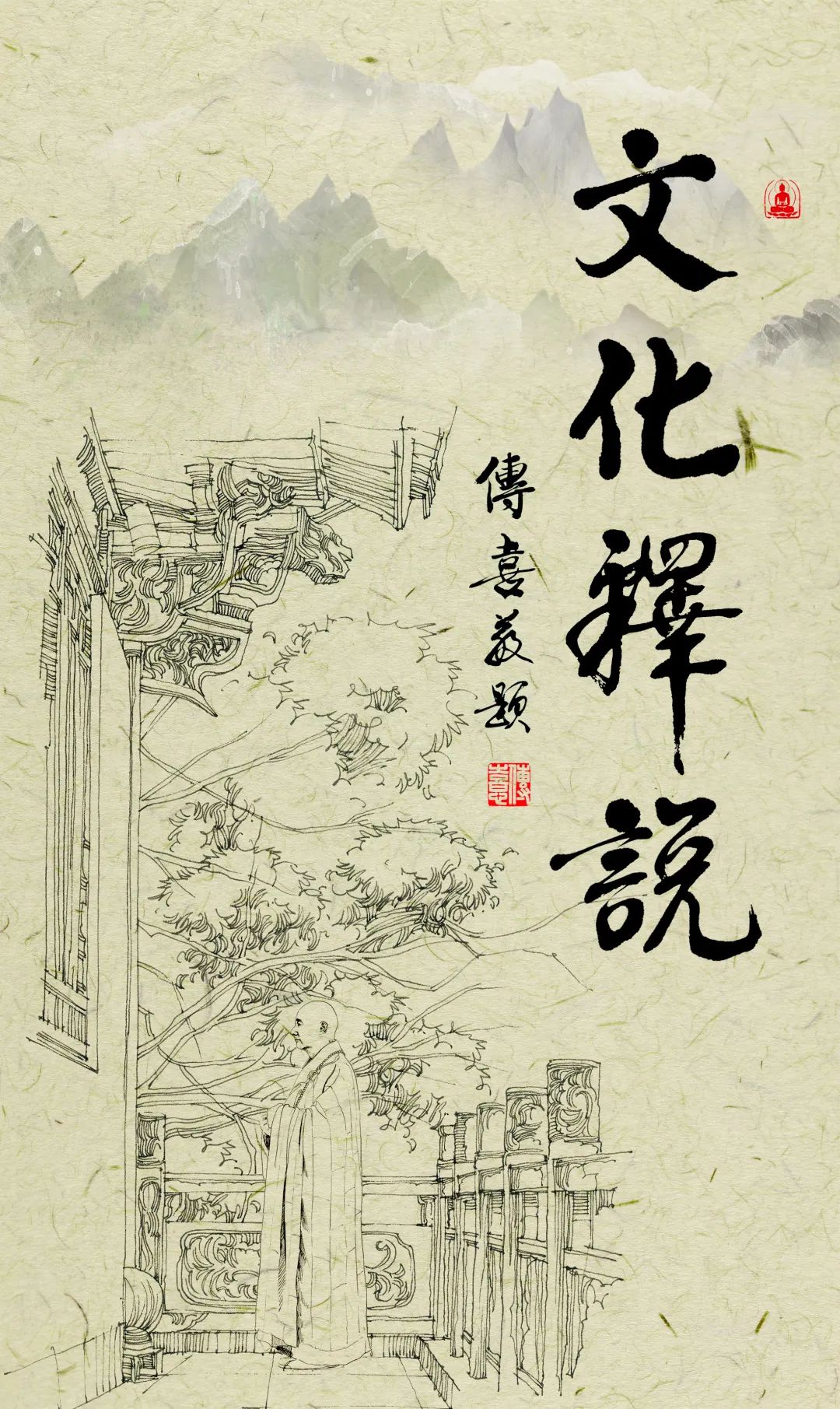
Five – ‘Being lost’ and ‘getting rid of the self’
记者:那么好的东西不要,为什么反而要钱、房子、车子呢?
Journalist: Why to desire money, houses and cars instead of something that is wholesome?
传喜法师:生命在成长过程中,扑面而来的先是感官,眼睛对色、鼻子对香,“眼耳鼻舌”对“色声香味”,感官和物质是发生第一个碰撞的。生命在没成熟时,往往陷在境界里,成为境界里的一分子。
不少人常以为“痛苦是因为没得到”,而现实生活中他觉得我“得到了”,怎么也“没有快乐”呢?反而很多这些“得到”的人跑来学佛了。其实,无论“得到”还是“没得到”,生命根本的痛苦挣扎在于陷入境界、迷失于境界了。
Master Chuan-xi: In the process of growth in life, one is first assaulted with sensations – the eyes with sights, the nose with smells… Eyes, ears, nose, and tongue to sense forms, sounds, smells, and tastes. There is the initial contact of the sense organs with material objects. More often than not, one gets caught in a particular realm of experience before one’s life has matured and becomes part of the experience.
Many people often feel that the cause for pain and suffering is due to their inability to obtain the things they desire. However, they wonder why is it that they are still unhappy even when they have obtained that something in real life. Many of these who have obtained what they desired have instead come to practice Buddhism. In reality, whether one has ‘obtained’ or not, our fundamental struggle with suffering in life lies in being caught in a particular realm of experience, and being lost in it.
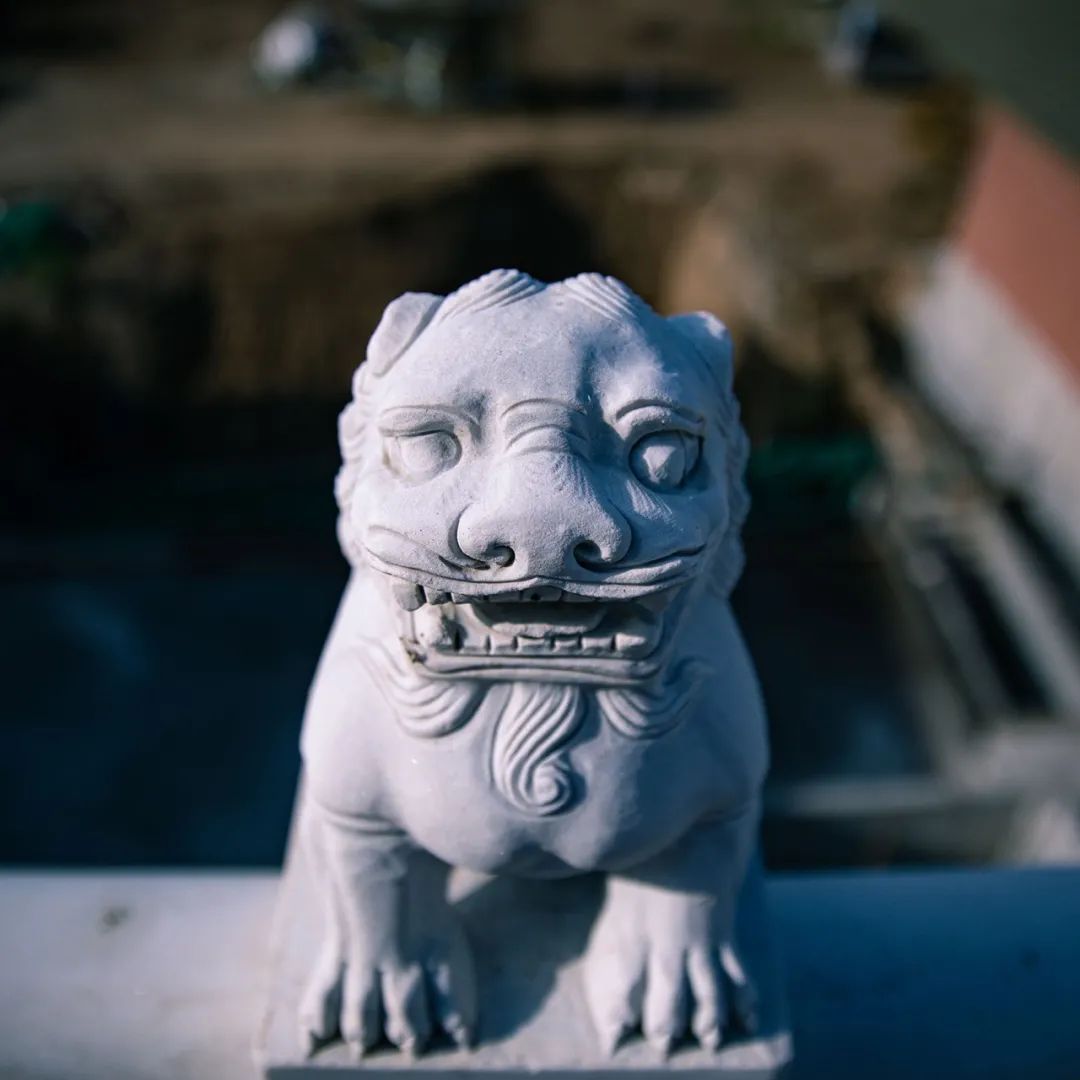
记者:我曾经看过您一篇文章叫《追求生命的高质量》,“高质量”重要的指数是什么?生命究竟应该追求什么?
Journalist: I once read an article you wrote titled In pursuit of a life with high quality. What is the index of a life with high quality? What should be the ultimate pursuit of life?
传喜法师:生命的第一反应是与外在世界发生交流:比如这是红色,这个是我画的或是我看到的,这花是我种的等等。“眼耳鼻舌身意”,感官交流是低级的,也是人最初的感性认识阶段。
人生的进步在于从感官境界里“出离”,能不被束缚并超越、解脱出来,这是人的智慧和勇气的一个综合体。所以,修行上讲“解脱”:就是从低级生命的束缚当中超越出来,能够超越现象,把生命提升到高智慧的那种状态、那种高度,这是生命进步的象征。
Master Chuan-xi: The first response we have in life is to interact with the outside world. For instance: ‘this is red’, ‘this is what I have drawn’, ‘this is what I see’, or ‘this is the flower I planted’ etc. The interaction of our eyes, ears, nose, tongue, body, and mind with the outside world is of a lower level, and is also the most fundamental stage of human sensuous cognition.
The improvement in one’s life depends on how one is able to escape from the sensuous realms of experience, not to be bound by them and to transcend them so that one seeks release from them. This requires one to have both wisdom and courage. As such, ‘emancipation’ spoken of in practice is to overcome the bindings of a lowly life so that one is able to transcend a particular realm of experience and elevate one’s life to a state of exalted wisdom. That kind of elevation signifies improvement in life.

记者:这种选择性靠什么来支撑?比如:一边是“道”、一边是“钱”,我靠什么来选择“道”而舍弃其他?
Journalist: What is it that supports such a choice? For instance, on the one hand is the Dao while on the other money; on what do I rely to choose the Dao and give up over the other?
传喜法师:这是理性思考的结果。
Master Chuan-xi: This will be the result of rational thought.
记者:理性思考的结果,不就是人的“自我”吗?不就是这种独立吗?佛教为什么又提出“去我”呢?
Journalist: Is the result of rational thought not the consideration of one’s ‘self’? Is it not based independently on this? Why does Buddhism still mention ‘doing away with the self’?

传喜法师:佛教讲的是究竟。就像一个小孩子,比如最初你给他一颗糖,他就会觉得快乐;后来他发现“得到”一颗糖很快乐,但“失去”这颗糖会很痛苦;再成熟一点,他发现不是“得到”和“失去”这颗糖的痛苦,而是“自己的生命”被“糖”牢牢控制了。
他要学会“我”不被“糖”左右。所以,得而不喜,失而不忧,就“超越”糖了。这是一个理性训练后的结果,是一个理智的行为。人,往往一上来肯定喜欢糖,喜欢糖的甜蜜,但忘记了糖的危害和被糖束缚住的痛苦。
Master Chuan-xi: Buddhism talks in terms of the ultimate. Just take a child for example. He will feel very happy when you give him a candy initially. Then he discovers that although there is happiness in having gotten a candy, losing it causes pain and suffering. When he gets a little more mature, he finds that it is not getting or losing a candy that pain and suffering is caused; but that his own life has been tightly bound by sugar.
He wants to learn how not to let his ‘self’ be held hostage by sugar. Hence, he does not become joyous when he receives and does not lament when he loses a candy. He has transcended sugar. This is the result of rational training, and the behavior of a rational person. People in most cases love candy and the sweetness in it, but take no note of the harm candy does and the pain and suffering it brings when one is bound by it.
记者:那么,人的这种选择不是从独立人格开始的吗?独立人格就是“我”,为什么佛教又提出来“去我”呢?
Journalist: However, are such choices people make not based on one’s individual character? This independent character is the ‘self’. Why is Buddhism still mentioning ‘doing away with the self’?
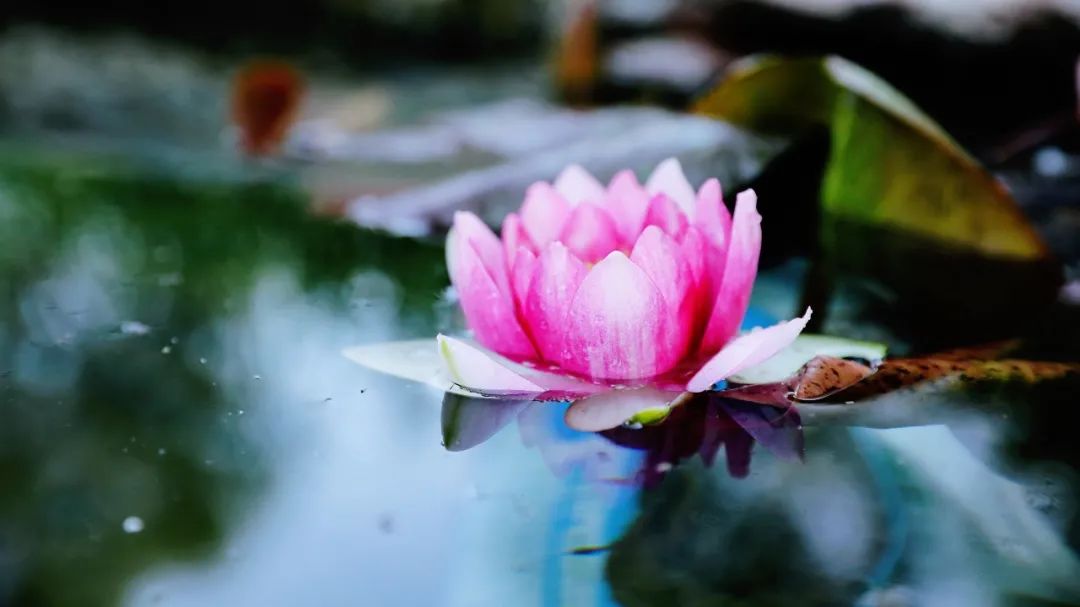
传喜法师:“无我”“去我”,是提升“我”的一种方法,是佛教的方法论。有“我”的世界观,因为“我”的局限性,世界观也有了局限性。为了要打破这个世界观的局限性,首先要打破“我”的局限性,要“无我”。“无我”是“靠理性”:就是“我”的生命站在智慧的高度来否定“狭隘的我”的存在。当你有能力、有智慧分辨和否定“小我”的时候,其实你已经进步了,已经站在“大我”的高度上了。
Master Chuan-xi: ‘Non-self’ and ‘doing away with the self’ are methods to elevate the ‘self’. It is Buddhist methodology. When there is ‘self’ in one’s worldview, one’s worldview will become restrictive as ‘self’ is itself restrictive. To get out of the restrictions of such a worldview, one needs to first get out of the restrictions of the ‘self’. One needs ‘non-self’. ‘Non-self’ is rational – it is to see things from the vantage point of wisdom in the life of a ‘self’ to negate the existence of a ‘narrow-minded self’. When you have the ability and the wisdom to discern the ‘inferior self’, you have in actual fact improved. You are already standing from the elevated ground of the ‘great self’.
记者:现在追求这种究竟解脱,是否也是一种欲望?
Journalist: Such present pursuit of ultimate emancipation – is it not also a form of desire?
传喜法师:这是一种理性的诉求,是正确的,是智慧的思索,也是圣贤给我们的正当需求。
Master Chuan-xi: It is a form of rational pursuit. It is rightful, the result of wise thinking, and the proper obligation we owe to our ancestors
记者:能否这样讲:儒释道三家,都是在“以欲制欲”,以一种“大欲”来“制”一种“小欲”或“物欲”?
Journalist: Can we say that Confucianism, Buddhism and Taoism all advocate the countering of desire with desire – the countering of a petty or a material desire with a superior desire?
传喜法师:因为要用我们能够理解的语境来表达,比如说要往生极乐世界,因为我们都希望快乐,那里的快乐没有痛苦。
Master Chuan-xi: This is because we need to express it in words we are able to understand. For instance, we say we need to be reborn in the Land of Utmost Bliss because we all hope to be happy. There is only happiness without pain and suffering there.
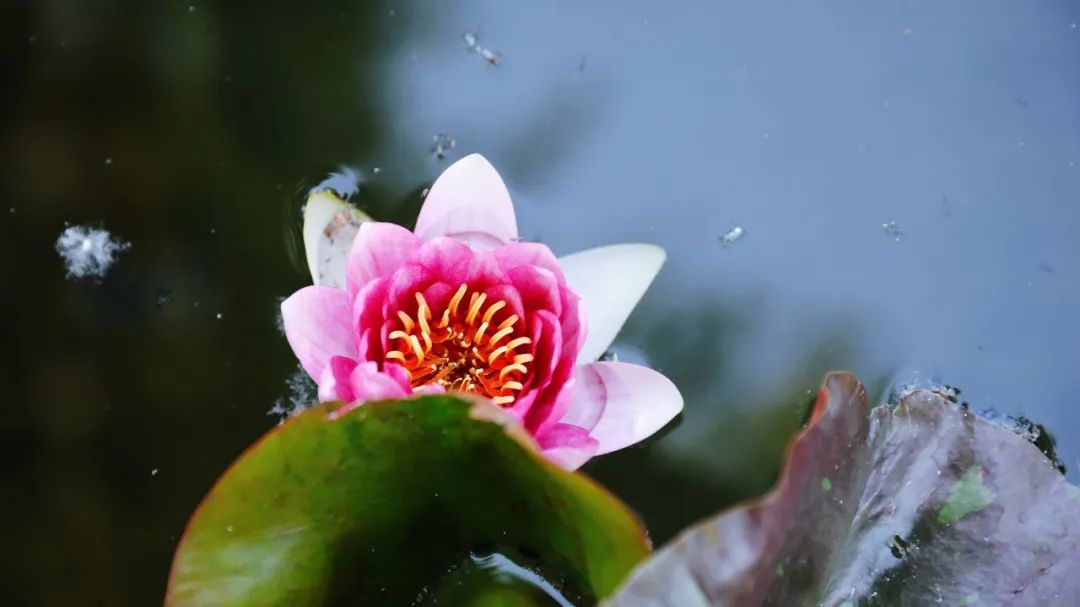
记者:追求快乐是不是执着?
Journalist: Is the pursuit of happiness attachment?
传喜法师:追求正确的快乐是人性的本能,是人性中理性的成分,是被允许存在的。
Master Chuan-xi: It is human instinct to go after rightful happiness. It is part of human rationality and is permitted to prevail.
记者:在您看来“快乐”的内涵是什么?对于大众来讲怎么理解“快乐”?
Journalist: According to yourself, what should the substance of happiness be? How would you tell everyone how happiness is to be understood?
传喜法师:快乐有低级、高级之分。低级快乐是对自我的满足,因为只是短暂的自我满足,所以要付出代价,那个代价是痛苦的。有智者将此喻为:如小儿舔刀头蜜,有割舌之险。这个“快乐”就成为一种“苦之因”,佛教里称之为“坏苦”,是说建立在感官上的快乐是有代价,所以这种快乐叫坏苦。而理解了真理,当你跟真理“合一”了,那是一种“大乐”,是不需要“求”的,就迎面扑来了;不需要去享受,你已其乐融融了。
Master Chuan-xi: Happiness can be either ignoble or noble. Ignoble happiness is self-satisfaction. As this self-satisfaction is only temporary, there is a price to be paid, and that price is suffering. A wise one likened this to a child licking the honey off the edge of a knife – it runs the risk of having his tongue cut. This ‘happiness’ thus becomes the ‘cause of suffering’. In Buddhism, this is known as the ‘suffering of change’. It means that there is a price to be paid for happiness that is built on the senses. As such, this happiness is called the suffering of change. However, when you have realized the truth and have become one with it, that which results is ‘great happiness’. It does not require your pursuit of it; and it just hits you in your face. Without the need to start enjoying it, you are already very joyous.
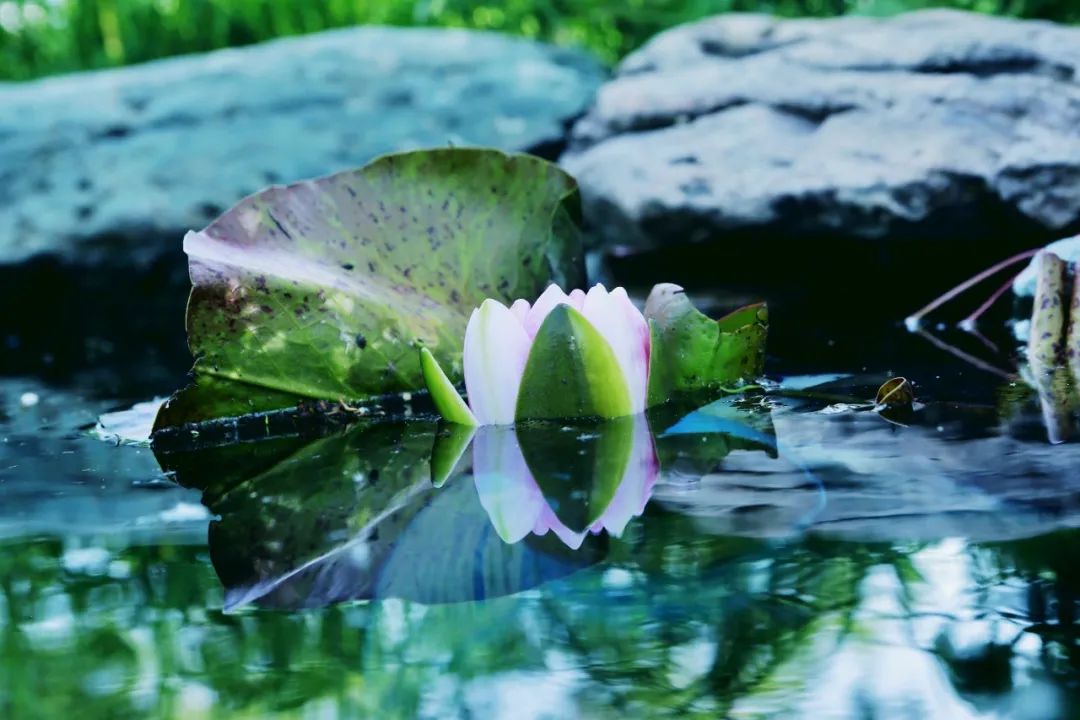
记者:您的法号也有这个意思吗?
Journalist: Does your Dharma name have such a meaning?
传喜法师:法号对我们来说,就像人生的一个目标,师父赐给我的这个法号会提醒着我:“传”就是传递,“喜”指法喜禅悦,是当一个生命体悟到真理之后的一种喜悦。
Master Chuan-xi: For us, our Dharma name is our aim in life. This Dharma name my master has given me is to remind me to ‘spread and pass on’ 传 the ‘happiness’ 喜 which is experienced when one realizes the truth in life.
记者:给我们简要描述一下,您讲的“快乐”到底是什么境界?
Journalist: Please describe briefly for us, what the realm of experience of the happiness you have mentioned is like?
传喜法师:那个快乐是无欲无求,推又推辞不掉。
Master Chuan-xi. That is happiness which is without desire and craving, and it does not go away even if you refused it.
记者:是自然生发出来的?
Journalist: It is naturally occurring?
传喜法师:对,生命本然的,就像“天地有好生之德”一样,阳光自然就会长养万物。
Master Chuan-xi: Yes, something fundamental and natural to life. It is just like ‘it is the virtue of heaven and earth to value life’ – it is natural for the sun to provide sustenance to all living things.
记者:但是为什么我们现在体验不到呢?
Journalist: But why are we not able to experience it?
传喜法师:因为我们物欲太多,心上蒙垢太深。
Master Chuan-xi: It is because our desires are too numerous; our mind tainted too much.
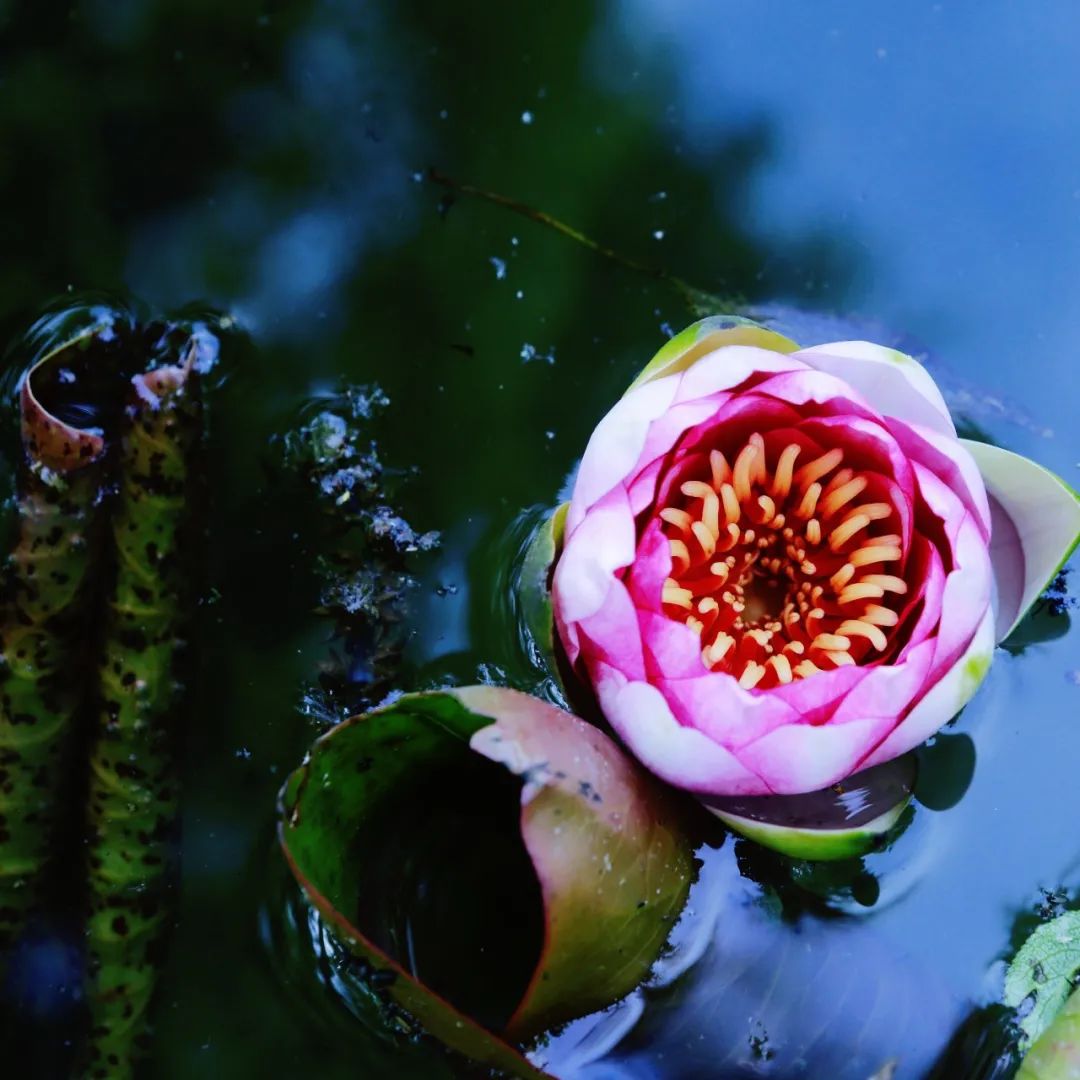
记者:一进慧日寺,廊桥下面有块“洗心”石,有什么寓意?
Journalist: When one first enters Hui Ri Monastery, one notices there is a piece of rock called ‘rock to cleanse one’s mind with’ under the corridor bridge. What does it mean?
传喜法师:洗除心灵的污垢。“一叶障目不见泰山”,真理纵然巍巍如泰山,但因邪见阻碍,视而不见。
Master Chuan-xi: It is to wash away the dirt that has settled on our mind. ‘One’s view of Mount Tai is obstructed by a single leave’ - even though the truth is so glaringly obvious before us like Mount Tai, we are unable to perceive it although we sight it due to the unwholesome views we have.
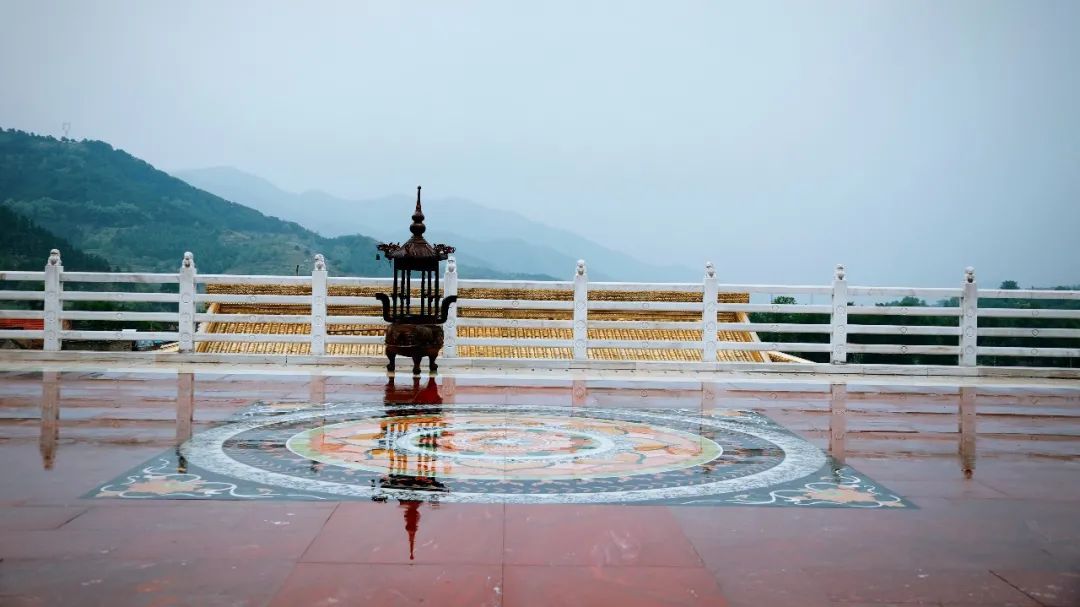
记者:这样一“洗”,洗心革面,就可以得到快乐了吗?
Journalist: And we will be able to gain happiness once we ‘cleanse as such and then lead a new life?
传喜法师:对,洗心革面,用真理和理性,如清泉漱石,慢慢洗净。
Master Chuan-xi: Yes, to cleanse and then lead a new life. To gradually cleanse with truth and rationality, just like how you would wash a piece of rock with spring water.
英文翻译&读诵:建成
慧日国际微信工作室
往期精选:
善師贊 Praise to the Wholesome Teacher
《妙法莲华经》(五百弟子受纪品第八)(Keith美式发音读诵)
【殊胜日功德亿倍】《妙法莲华经》(化城喻品第七)(Keith美式发音读诵)
【中英双语】《妙法莲华经》(授记品第六)(Keith美式发音读诵)
超能力、折叠时空、选择觉醒还是酷炫的神通?——「慧」看电影之《奇异博士》
最新视频《祈愿Praying》全网首发,祈愿世界疾疫消除、众生吉祥安乐
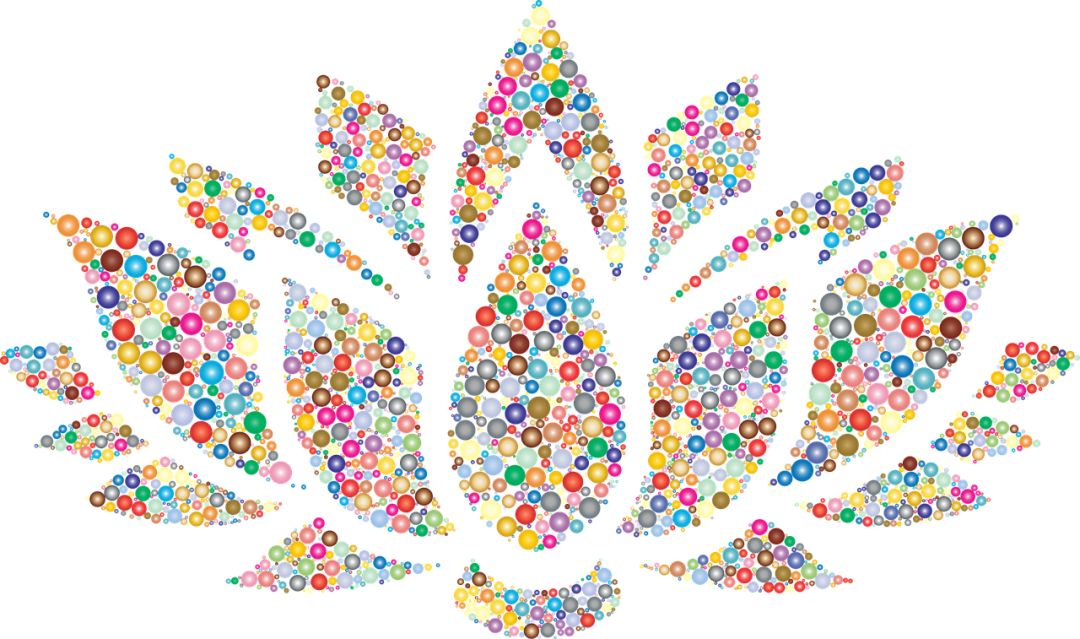
什么!?慧日国际佛学平台招募义工,还不赶快报名!
我们用心选择图文,陪伴读者走过漫漫时光,如果您也怀揣信仰,
擅长英语、法语、德语、意大利语、西班牙语、葡萄牙语、俄语、韩语、日语、瑞典、挪威语、荷兰语、泰国语等语种翻译,文字编辑,和图文海报设计,那就别犹豫啦!邮箱:Huiriguoji_recruit@qq.com
~随喜转发~
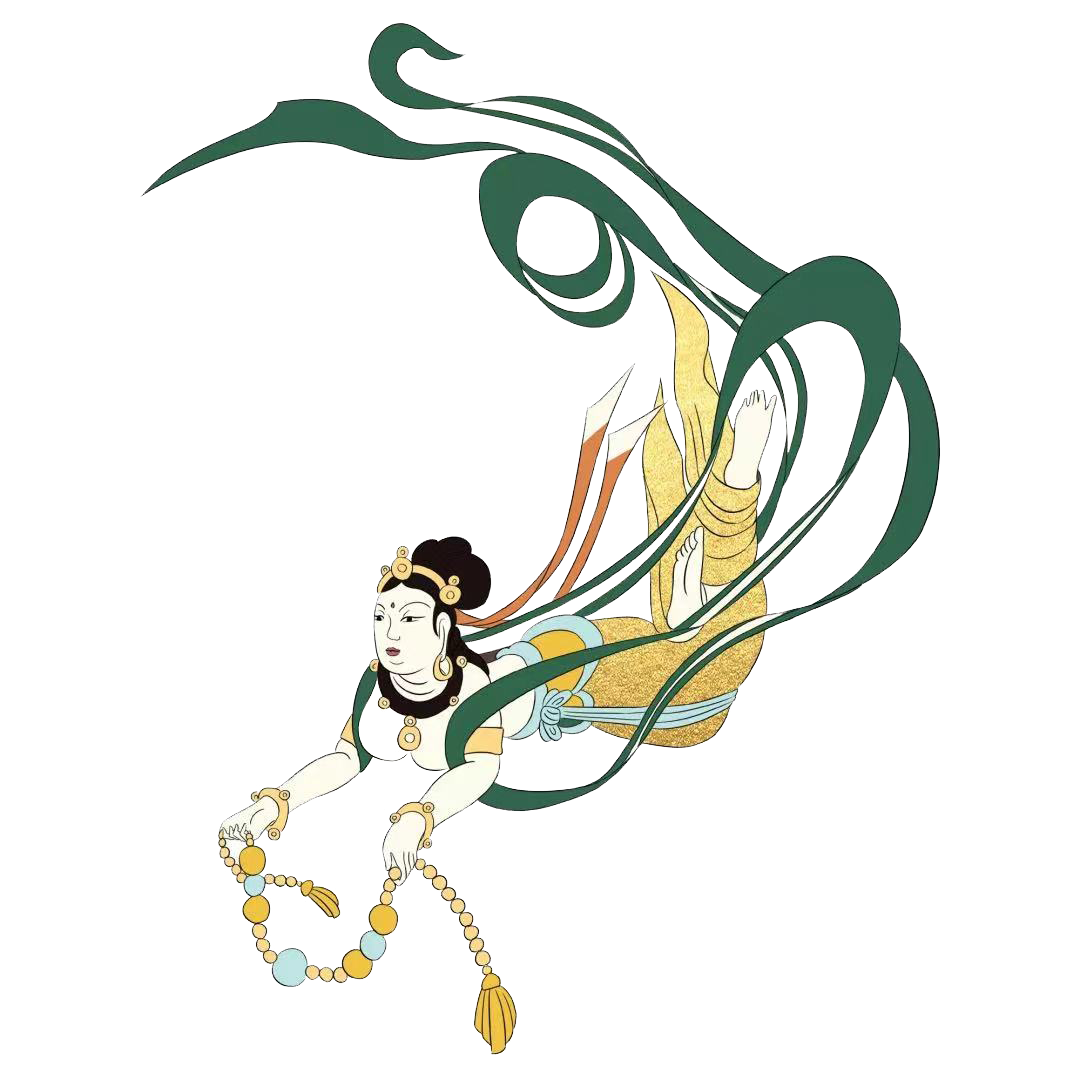


关注公众号
发菩提心
慧日国际佛学HRIB
义工招募:
如果您对微信排版、海报设计、多语种翻译有兴趣
请和我们联系吧!